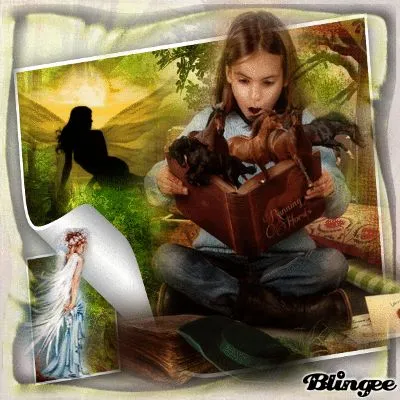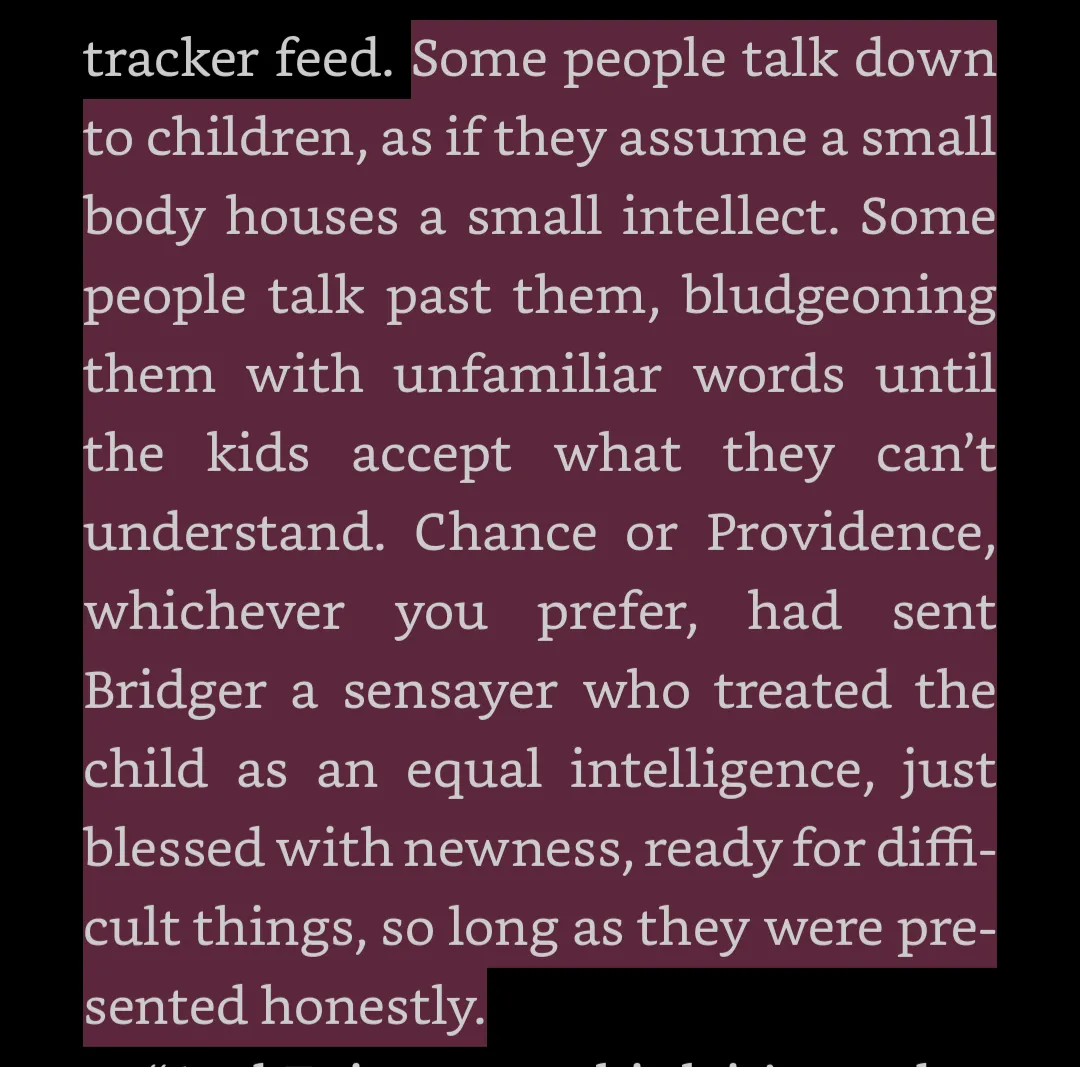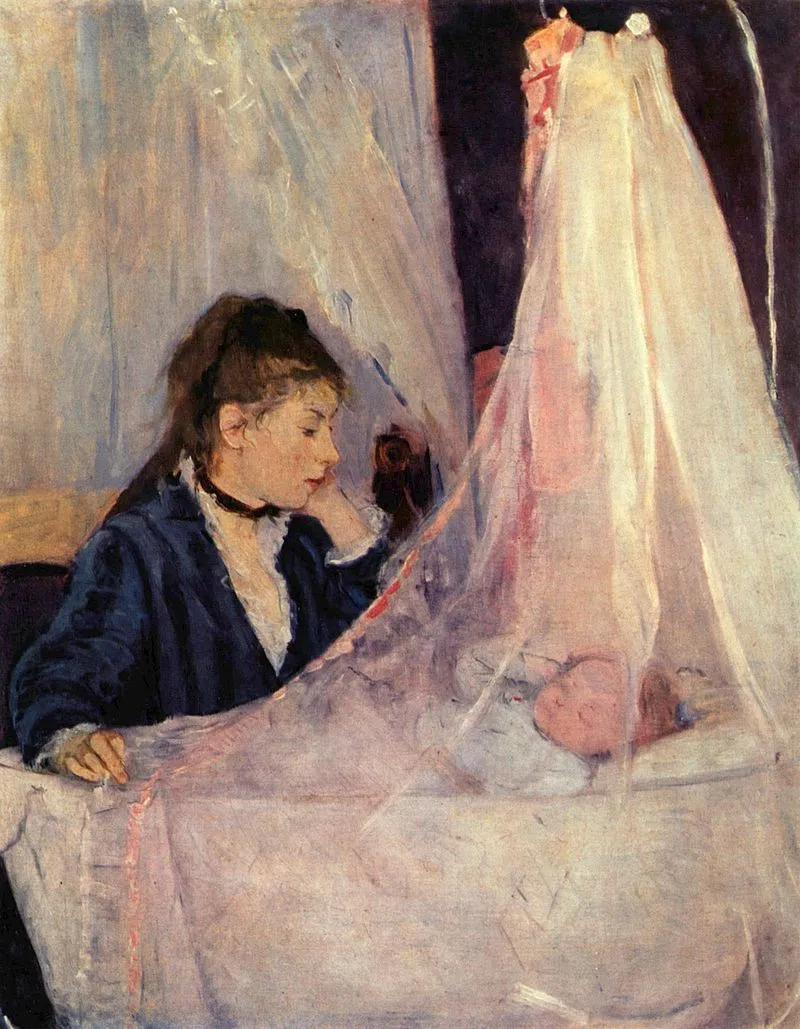Molly: Starr Reader - May 23
When I'm experiencing a burst of clear-headedness or energy and Paul is working or absorbed in something I become sort of manic, like a Tamogatchi bleeping: "I need you to read this essay!" "Look at this cute illustration!" "I need you to consider this idea that the essay I need you to read put in my head!" It occurred to me that perhaps I should write him a little digest for such times.

I read an essay in the London Review of Books by Katherine Rundell that is from February of this year but new to me. It's a blazingly intelligent and big-hearted piece, full of good line after good line. Just a few:
A good joke exposes nonsense, and looks with generous ruthlessness at our self-interest and self-contradictions.
My hope would be that children, in reading books that do not defer to their youth in terms of vocabulary, will come to find in language an ally against those who would commandeer erudition in order to dominate.
The greatest children’s fantasies were worth your time when you were twelve, and they are equally worth it now. They keep the imagination sharp, and big, and hungry. They remind us that the imagination is not an optional extra, which we can humour in our children but safely discard in adulthood. It is at the very heart of everything. It is deadly serious, the necessary condition of political change, of love. It is the sharpest tool of ethics.
Active, informed, iron-willed wonder is a skill, not a gift: you have to work at it. And you cannot remain in awe of that which is familiar, so the only way to maintain wonder is to learn
There's a bluesky post from January that I couldn't find about how, in light of the full horror of Neil Gaiman's predation being revealed, what are we going to do with all his stupid forwards about - the post went something like - "the fantastical wonderment of storytelling." Rundell's emphasis on wonder is closer to Aristotle's "in wonder is the beginning of philosophy." I have sometimes found adults who talk about retaining "childlike wonder" annoying because they seem to be stopping at the starting point. It's why I don't have much time for the idea of fiction as escapism. Wonder should keep you moving forward, and Rundell's essay articulates why this is so important for children's literature.

The piece is also a much longer and better version of the above good paragraph from Ada Palmer's Too Like the Lightning. It's funny because while Palmer is freakishly smart and I have to hand it to the Terra Ignota series for going balls to the wall with every idea that ever occurred to her, she is really bad at writing children. The child in question never quite reads as a believable child, even though he's a prodigy blah blah don't get me started on those books. (aside: some things that understand children and how they act are Pentiment, one of the best video games I've ever played, and Pingu, the Swiss children's program about a rowdy penguin and also my son's favorite show).
Rundell's essay is beautiful, moving (I teared up at the Brian Jacques part), and will make you want to smash all your Devices. I feel very fortunate that I've always been a reader and was encouraged and not condescended to as a kid. I have plenty of reading experiences, precocious or not, that I can look back on and recognize a seed of something that would grip me in adulthood.
I'm helping Paul with his annulment paperwork for my conversion to Catholicism. It's the least I can do. In trying to narrow down where his ex-wife might have been baptized, I was looking at the website for the Diocese of Boise. I have never been to the inland Northwest and it seems...not the most compatible area of the country with being Catholic (I say from another one, the Southeast). The Diocese has images to go with every parish listing and I found myself fascinated by the architecture. Here are my favorite parishes wrt having a "sense of Idaho":

Chapel of the Pines!

Our Lady of Snows!

Sacred Heart Station

St. Rita's

St. Katherine Drexel

St. Joseph's
Another freakishly smart person, anonymous blogger Dynomight, has a post called "Why is it traitorous to understand people you disagree with? Six models." I found it after reading another post because the author is very good at categorizing his? themes. Dynomight provides six models of why, in arguments with distinct sides, people on side A or B don't bother to/want to/admit to understanding the other side."
It’s not just that I’m sympathetic to the people I disagree with. Somehow, it feels like a huge social blunder to even demonstrate that I understand their positions.
This rings very true for me and I have lower than average tolerance of hiding my entertainment of whatever "other" side is at play on a given issue. I'm most upset in my own life by model #6, tribalism:
When you and I talk about how stupid and evil and bad the other side is, we’re demonstrating that we’ve burned our bridges and we’re totally committed to our current tribe.
I just find it so annoying and boring when an ingroup norm is to act like even debating something is a no-go. It's unphilosophical. It's, you guessed it, not rigorous!! I need Paul to make "rigorous" and "not rigorous" stickers for me. It's not always the case that I even disagree with the ingroup opinion. Paul and I sometimes talk about this behavior as "prepackaged beliefs" or "starter pack beliefs," as if an opnion is something that gets handed to you in a welcome bag with tribe membership.
Because Paul has a relationship to and interest in AI on a complicated and hard-to-label level rivaled only by The Vatican, I keep an eye out for interesting AI articles, threads, and other bits and bobs he might like. The short thread linked above ties in a bit with the Dynomight post re: offending norms. No matter what your personal stance is on AI, the issue is: if you work in an industry that is pretty directly related to it (progamming in this case), is a refusal to understand the other side just being bad at your job?
But Snav actually has another thread that I think is one of the smartest things said about AI and it's permanently lodged in my brain now.

This lovely piece on girlhood bow baggu queen Sandy Liang is by Audrey Robinovitz. If I say "Audrey" to Paul he knows who I'm talking about. I stumbled on her on twitter either because of her Perfect Blue cosplay or through both following the greatest podcast of our time, Nymphet Alumni. Sometimes you get good things out of South Carolina. I admire her mind very much, and this magnanimous and sweet take on motherhood and creative work is something special. Like Liang, my experience of aging and having a boy has not diminished my connection to my femininity. In the great, falsely this-or-that war between tradwives and girlbosses I have not seen many explorations of something quieter, of a life where your motherhood informs your work:
Is there a middle path between not losing yourself in the role of homemaker, and also holding space for the creative energy one will eventially exert and deplete in the cultivation and curation of a child. If anything, this would be my thesis: that this question is only ever asked of women, and that there is a real and true artistic beauty in becoming more inaccessible and even unsuccessful in the name of bringing up a family – not sacrificing your career, but letting it mold to the contours of your holistic identity as both a woman and a mother.
Although I'm a stay-at-home mom and not currently making or doing anything, I felt very seen by this piece, that someone could sympathize and imagine how much of a force the love for your child is.
And with that, I need to go join the family for the well-oiled machine of Tristan's nighttime routine.